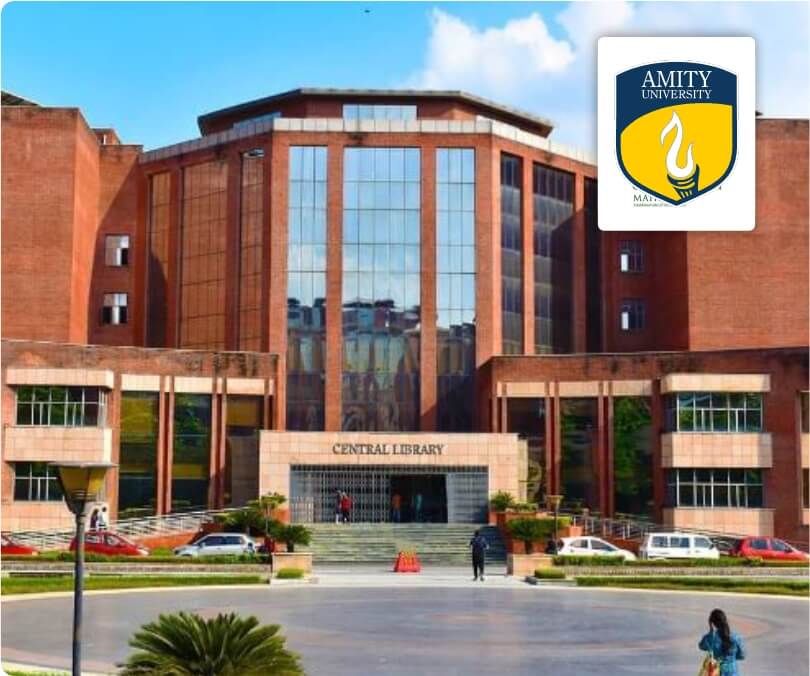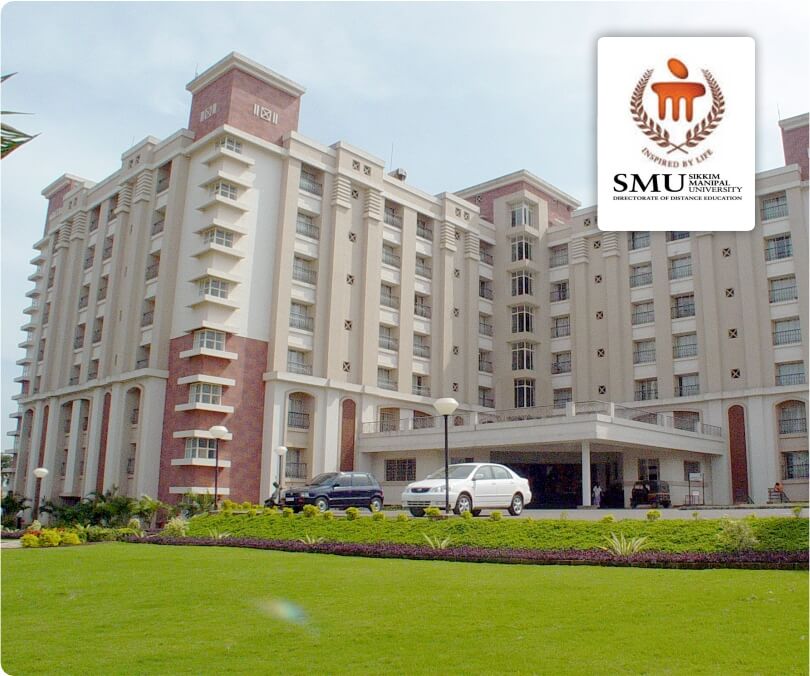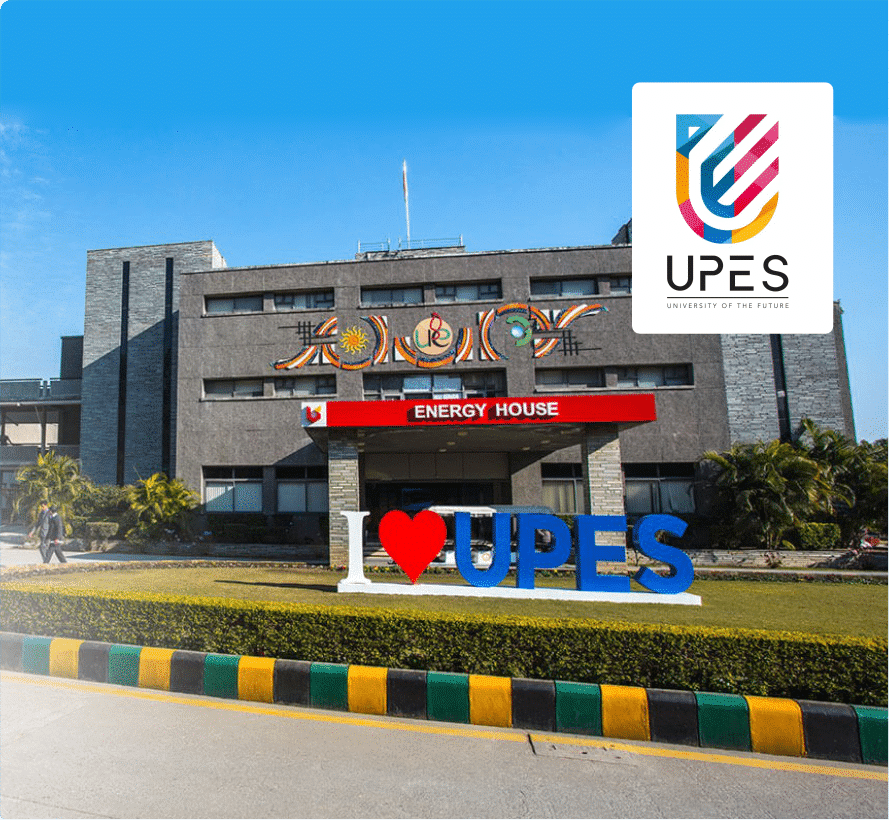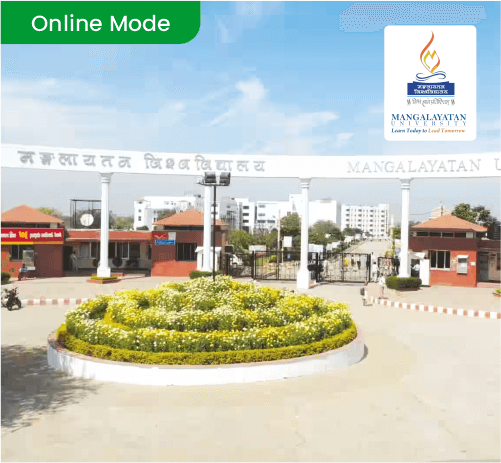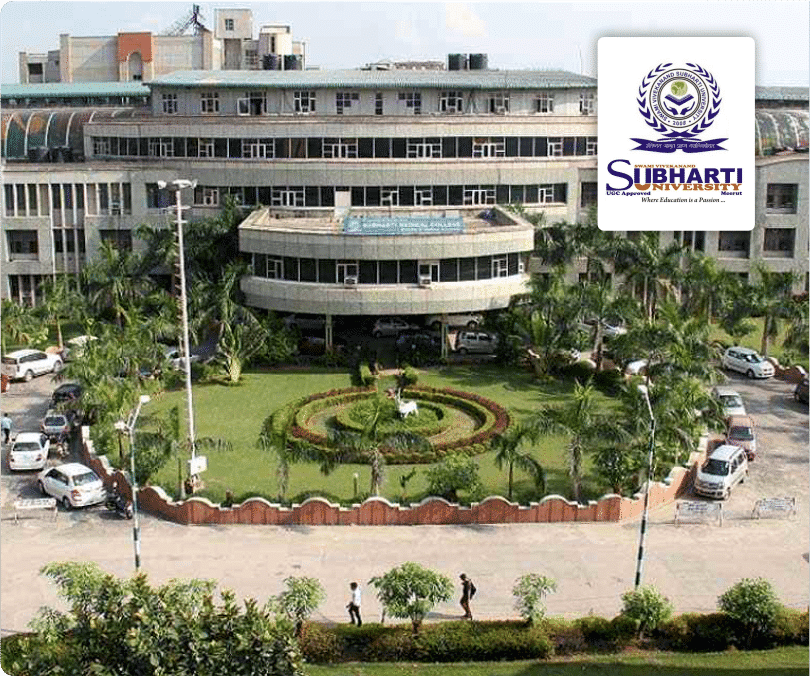
MBA in Banking and Finance What You Should Know
Are you thinking about pursuing MBA banking and finance degree course? You are not alone. Many students are interested in this field because it offers exciting job opportunities and a chance to learn more about money and finance. But before you dive in, it’s important to know what this program is all about and how it can help you.
In this blog, we will go over everything you need to know about an MBA course in banking and finance, from the skills you will gain to the jobs you can get after graduation. Let’s explore MBA in banking and finance in detail.
Online/Distance MBA Universities In Other Cities
Understanding MBA in Banking and Finance
MBA banking and finance course is a postgraduate program that focuses on money management and the banking industry. Typically lasting 2 years, this program covers topics like investing, analyzing finances, managing risks, and understanding how banks operate. Students learn to make smart financial decisions and create plans for handling money effectively. It’s essential to choose a university that is UGC recognized and NAAC accredited to ensure the quality of education.
MBA banking and finance program also helps develop important skills in leadership, communication, and problem-solving. Graduates are well-prepared for various roles in banking, investing, and corporate finance. Here’s an overview table for an MBA banking and finance:
| Category | Details |
|---|---|
| Program Name | MBA Banking and Finance |
| Duration | 2 years (can vary for part-time or online programs) |
| Eligibility | Bachelor's degree (any field), entrance exams (like CAT, GMAT, or equivalent) may be required |
| Key Subjects | Financial Management, Investment Analysis, Risk Management, Banking Operations, Corporate Finance |
| Skills Developed | Analytical Skills, Strategic Thinking, Leadership, Communication, Problem-Solving |
| Career Opportunities | Investment Banker, Financial Analyst, Risk Manager, Banking Manager, Asset Manager |
| Average Salary | INR 10 lakhs to INR 30 lakhs per annum (varies by institution and experience) |
| Top Institutions | IIMs, ISB, XLRI, SPJIMR, NMIMS, and other reputed universities |
| Industry Demand | High demand for skilled professionals in banking and finance sectors |
| Benefits | Better Career Opportunities, higher earning potential, and strong networking opportunities |
Core Subjects and Curriculum
MBA banking and finance curriculum typically includes subjects such as Financial Management, Corporate Investment Management, Portfolio Management, Global Banking, Risk Management, and Financial Statement Analysis. Each course is designed to deepen the understanding of monetary functions, economic frameworks, and banking operations, blending traditional teaching methods with case studies and practical projects.
Skills Developed During the MBA Banking and Finance
An MBA banking and finance helps students build important skills for success in the financial industry. During the program, students participate in better learning experiences that improve their abilities. Here are some of the key skills developed during the course:
Analytical Skills: In this program, you will learn how to examine financial statements to understand how well a company is doing. You will also evaluate different investment options and make smart decisions based on data.
Strategic Thinking: You will develop the ability to create long-term financial plans and business strategies after completing MBA banking and finance course . This includes understanding market trends and finding ways for the business to grow.
Leadership Abilities: The program helps you become an effective team manager and department leader. You will learn how to inspire and motivate others while encouraging teamwork and collaboration.
Financial Insights: You will gain a solid understanding of important financial concepts, investment analysis, and risk management. This knowledge will help you apply what you learn about finance to real-life situations.
Communication Skills: You will learn to present financial information clearly and convincingly to different audiences. This includes explaining complex financial ideas to clients, colleagues, and other stakeholders.
Problem-Solving Skills: MBA banking and finance program encourages you to tackle financial challenges with creative thinking and careful analysis. You will develop practical solutions for various financial issues that may arise.
Regulatory Knowledge: You will gain insight into important financial rules and regulations that govern the industry. Understanding how to follow legal guidelines and maintain ethical standards is crucial in finance.
Networking and Relationship Management: Building connections with industry professionals and peers is an important part of your journey. Developing a strong professional network can help you find valuable job opportunities in your career.
Career Opportunities After Pursuing MBA Banking and Finance Degree Program
Doing an MBA opens up many different and well-paying job options in various fields. It helps you learn important skills like management, problem-solving, and leadership, which are valued by employers everywhere. Here’s a simple list of career choices you can explore after completing an MBA banking and finance course.
| Category | Details |
|---|---|
| Investment Banking | Role: Assist companies in raising capital, mergers, and acquisitions. Help organizations strategize for market expansion and financial structuring. Skills Required: Financial modeling, valuation techniques, negotiation. A strong understanding of economic trends and regulatory frameworks is crucial. |
| Corporate Finance | Role: Manage a company’s financial activities, including budgeting and forecasting. Ensure optimal utilization of resources to maximize profitability. Skills Required: Budgeting, strategic planning, cash flow management. Proficiency in financial analysis tools and software is essential. |
| Financial Planning and Analysis (FP&A) | Role: Analyze financial data to help businesses make strategic decisions. Provide actionable insights through financial forecasting and performance metrics. Skills Required: Financial forecasting, data analysis, strategic planning. Strong presentation skills for communicating insights are important. |
| Asset Management | Role: Manage investment portfolios for individuals or institutions. Optimize returns while minimizing risk through diversified investment strategies. Skills Required: Portfolio management, market analysis, risk assessment. Knowledge of global market trends and asset classes is vital. |
| Risk Management | Role: Identify, assess, and mitigate financial risks for organizations. Develop strategies to safeguard assets against economic uncertainties. Skills Required: Risk assessment, compliance, data analysis. Familiarity with risk management tools and software is a plus. |
| Commercial Banking | Role: Provide financial products and services to businesses and individuals. Focus on building long-term relationships with clients for mutual growth. Skills Required: Customer relationship management, credit assessment. Strong interpersonal and analytical skills are necessary. |
| Financial Consulting | Role: Advise businesses on financial strategies and performance improvement. Help clients optimize costs and achieve their financial goals. Skills Required: Analytical thinking, problem-solving, communication. A deep understanding of industry-specific financial needs is beneficial. |
| Private Equity and Venture Capital | Role: Invest in and grow private companies for high returns. Evaluate startups or established companies for potential acquisitions or funding. Skills Required: Deal structuring, valuation, negotiation. Strong networking skills to identify profitable opportunities are key. |
How to Apply for an MBA Banking and finance
Understanding the admission requirements and process is essential if you’re considering an MBA Banking and finance. This section will guide you through the key steps to successfully apply for the program.
Research Programs: Look for universities and colleges that offer an MBA Banking and finance, focusing on their curriculum and reputation.
Check Eligibility: Ensure you meet the eligibility criteria, such as having a bachelor’s degree and entrance exam requirements.
Prepare for Entrance Exams: Study for required exams like CAT, and GMAT, and take practice tests to improve your scores.
Gather Documents: Collect necessary documents, including academic transcripts, entrance exam scores, recommendation letters, and a statement of purpose.
Complete Application Forms: Fill out the application forms accurately and pay attention to specific instructions for each program.
Submit Applications: Submit your application and required documents before the deadline, ensuring everything is complete.
Prepare for Interviews: If required, practice common interview questions to effectively communicate your motivation and goals during the admission process.
MBA Alternatives Online Distance and Executive Programs
If a regular MBA doesn’t fit your budget or career goals, there are several alternative options to consider. This section explores Online, Distance, and Executive MBA programs that offer flexibility and tailored learning experiences.
| Category | Details |
|---|---|
| Online MBA | An Online MBA offers flexibility, allowing students to complete their degree remotely while managing work and personal commitments. The duration of this course is 2 years. The curriculum is similar to traditional programs, covering essential business topics and enabling students to access lectures and assignments at their convenience. |
| Distance MBA | A Distance MBA is designed for those unable to attend regular classes due to location or personal reasons. The duration of this course is 2 years. It typically involves self-paced learning, where students study materials independently and communicate with instructors and peers online or via phone. |
| Executive MBA (EMBA) | The Executive MBA (EMBA) is aimed at experienced professionals in leadership roles. The duration of this course is 1 year. Classes are usually held on weekends or evenings, focusing on advanced business concepts and networking opportunities. This program helps working individuals enhance their skills without interrupting their careers. |
Top Online/Distance MBA Universities in India
Choosing the right university for your MBA degree course is crucial, especially when considering distance or online education. Below is a table showcasing the top-rated institutions across India that offer accredited and well-regarded online and distance MBA programs. Explore this list to find the university that aligns best with your career goals and educational needs.
| University | Fees (INR) |
|---|---|
| Jain Online | 40,000/- Per Semester |
| LPU Online (Lovely Professional University) | 43,000/- Per Semester |
| Online Manipal | 43,750/- Per Semester |
| Chandigarh University Online | 50,000/- Per Semester |
| Amity University Online | 48,750/- Per Semester |
| Sikkim Manipal University | 27,500/- Per Semester |
| IGNOU University | 15,500/- Per Semester |
| DY Patil Online | 45,000/- Per Semester |
| UPES Online | 43,750/- Per Semester |
| Vivekananda Global University (VGU) | 32,500/- Per Semester |
| Vignan University Online | 27,500/- Per Semester |
| Shoolini University Online | 20,000/- Per Semester |
| Sharda University Online | 25,000/- Per Semester |
| Amrita University Online | 42,500/- Per Semester |
Conclusion
Pursuing an MBA banking and finance is an excellent choice for anyone looking to advance their career in the financial industry. This program equips you with essential skills and knowledge, preparing you for various banking, investing, and corporate finance roles. With its focus on practical learning and real-world applications, an MBA banking and finance provides a strong foundation for navigating the challenges of a dynamic market and making the right financial decisions. As the industry changes, this degree can open doors to many interesting opportunities in the job market.
Most Popular Blogs

Online BCA Courses in Jain University Online

Distance Education at Pondicherry University

Top 4 colleges to pursue Distance BBA in Andhra Pradesh

What are the top distance BSc colleges in Kerala

Know about the top 3 distance BCom universities in Madhya Pradesh






